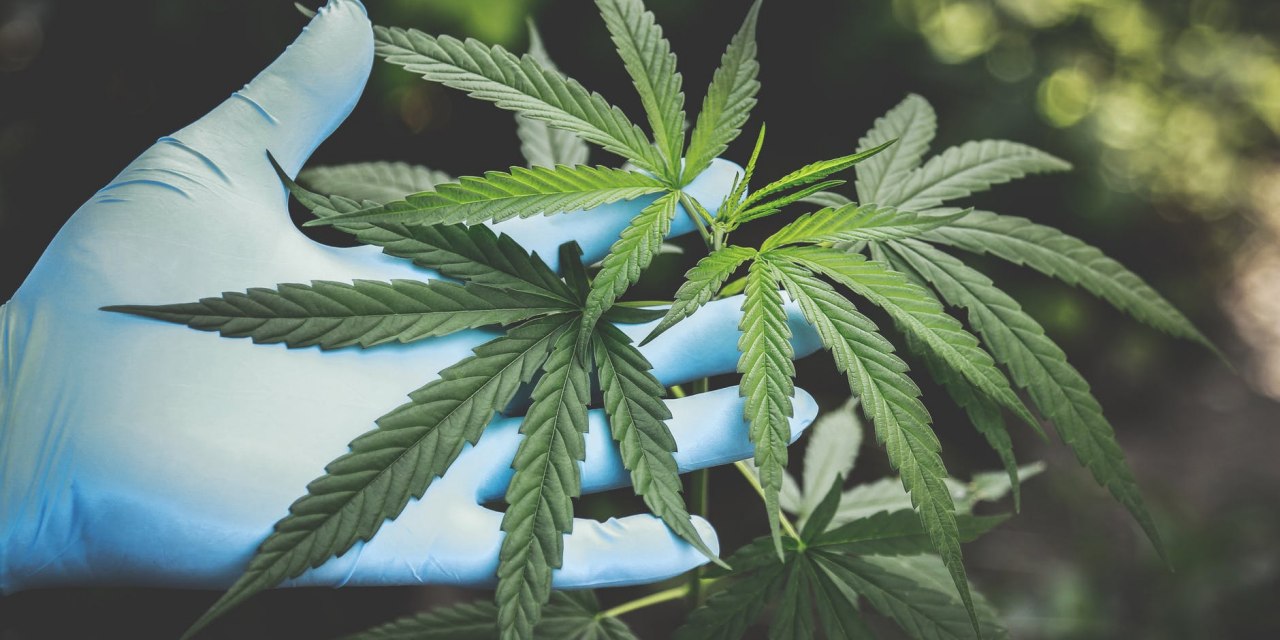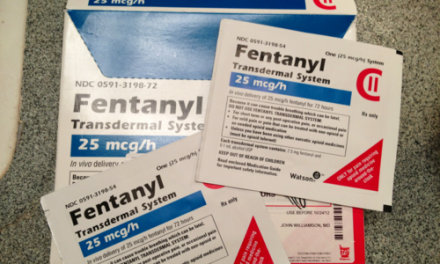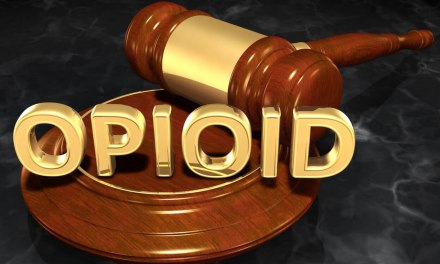Leading off, an update on that bizarre Cannabis Hyperemesis Syndrome (CHS).
Uncontrollable vomiting due to marijuana use on rise, study finds
In case you weren’t aware of it, CHS is a medical phenomenon that affects a minority of chronic users. Its principal feature is intense vomiting. Victims commonly self-treat with hot showers, which provides some relief. No idea why that works, or how well.
Anyway, a precise cause has yet to be identified. It’s ironic that cannabis is also commonly employed to suppress nausea in some patients who are undergoing chemotherapy. It happens to be one of only a few recognized medical uses. So why would cannabis use appear to have the opposite effect on other users? Something’s obviously wrong with people’s central nervous systems and/or gastrointestinal tracts, but no one seems to have a clear picture of what that might be. Stay tuned, I guess.
I’d never heard of CHS or indeed, anything vaguely resembling it, until reports surfaced in the wake of Colorado legalizing recreational marijuana. That was in 2014. It wasn’t long afterwards that the first patients began showing up in Denver area emergency rooms, complaining of prolonged episodes of violent nausea.
It was a mystery then and for the most part remains so. Here’s a post from 2017 on the phenomenon. It includes a number of internal links to other articles on the subject, if you’re interested: Cannabis-related illness.
I can’t help thinking we’ll hear more about this kind of syndrome, and perhaps others, as legalization spreads. According to Wikipedia, “…recreational use of cannabis is legalized in 18 states, the District of Columbia, the Northern Mariana Islands, and Guam. Another 13 states and the U.S. Virgin Islands have decriminalized its use. Commercial distribution of cannabis has been legalized in all jurisdictions where possession has been legalized, except the District of Columbia.”
With more yet to come. Probably a good idea to add a question to the assessment in cases where regular cannabis use is involved. You never know. I’d expect CHS to be a real disincentive to cannabis use, but these are chronic users, so it may well not be enough to overcome their dependence on the drug. After all, painful physical consequences are rarely sufficient to motivate alcohol or opioid patients to more than temporary abstinence. No reason to expect cannabis users to be different.
Now: in another development, this time from upper New York state: a Native American tribe struggles with outlaw pot vendors.
Selling Marijuana on Tribal Lands, a Legal Gray Area
A dozen or so outlets have sprung up with the mission of selling cannabis on the reservation without bothering to get the tribe’s authorization. “Joints, gummies, edibles and tinctures,” as well as a host of other products. What’s the difference between cannabis oil and cannabis tincture, you may ask? (I did). Turns out that where cannabis oils are anchored in a neutral medium like coconut oil, a tincture is alcohol-based – 60-70% alcohol is common. I don’t know how that affects the high, but alcohol does make it taste bitter, so tinctures are ordinarily flavored.
Because outlaws, by definition, operate illegally and pay no taxes to tribal authorities, the native government wants them to stop. Naturally, they’re resisting. According to the article, they’ve gone so far as to threaten to charge with trespassing anybody who shows up to investigate.
This all began when the tribe’s main revenue source, a casino, was forced to shut down because of the pandemic. That left a hole in the local economy that cried out for new sources of income. Like so many others around the US, native entrepreneurs seized on pot. Their plan is apparently to keep on raking in profits until somebody finally shows up and pulls the plug on the operation.
I expect that will happen at some point. When it does, they’ll no doubt use some of the profits to purchase expensive legal talent to defend them.
This reminds me of a similar situation that emerged in New Mexico. You may remember those Chinese workers hustled in by growers from LA, only to learn they’d been hired to work on outlaw pot operations. With the Feds camped outside tribal boundaries, ready to intercept anyone who dared step across the line. Which some of the workers inevitably did, only to discover that in America, law enforcement rarely speaks Chinese.
If this whole process of legalization seems remarkably fragmented and disorganized to you, that’s probably because it is. I would expect it to create lasting problems for prevention and treatment going forward.
It’s a brave new world we live in, that’s for sure. Be prepared.













